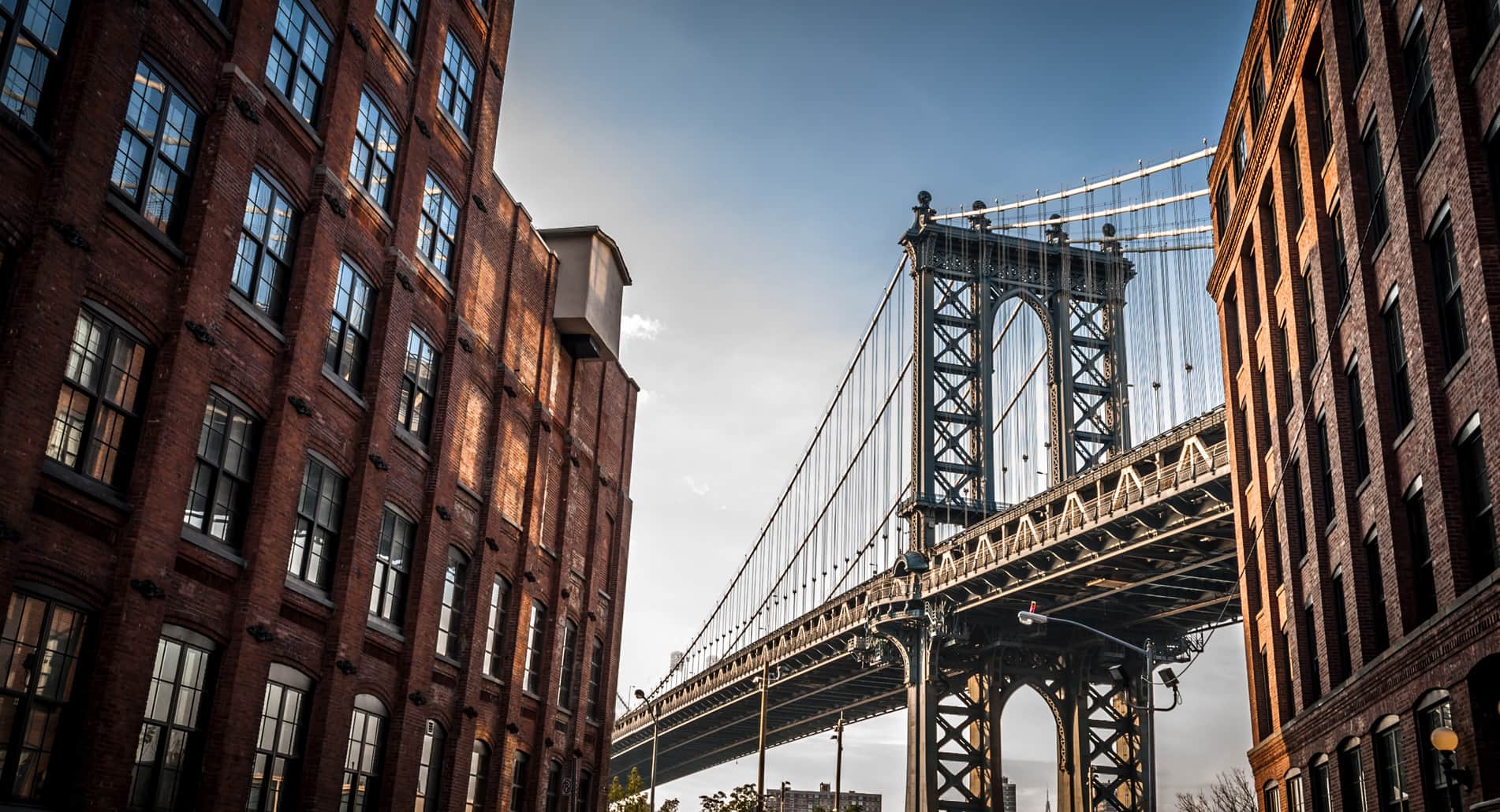On July 1, Joe Berko, the president of the commercial real estate firm Berko & Associates, became the newest member of the New York State Real Estate Board, the agency that issues broker licenses, through an appointment by Gov. David Paterson.
Not to be confused (as is often the case) with the similarly named Real Estate Board of New York, or REBNY, which advocates for business interests, Berko’s board sits on the other side of the equation, as an arm of the government.
As one of five brokers on the 13-member board, which also includes the Secretary of State, Berko, who will initially serve a two-year term, hopes to boost the levels of training his industry receives. In that sense, he supports the board’s recent decision to increase the amount of course hours required for a broker’s license to 72, from 45, said Berko, who’s been licensed since 1996. His four-year-old, 18-broker firm, meanwhile, markets mostly mid-size apartment buildings in New York, but also in Connecticut and Philadelphia.
The state Real Estate Board meets only three times a year, and those powwows aren’t open to the public. In an interview with The Real Deal, Berko said he plans to bring a Democratic spirit to the first meeting in December; he also spoke about offbeat brokers, a national licensing system and a key lucky break.
How did you get selected for this position?
Over a period of 10 months, a friend of mine would occasionally ask me what I thought about how licensing was handled. I always knew she was in politics, but it turned out that she was the Secretary of State [Lorraine Cortés-Vázquez]. One day she said she was reforming the board and would like me to be a part of it. It just came out of nowhere, because I didn’t know who she was. But I had mixed feelings about it. I’m not one to go after nominations like this. However, if I can make a positive impact, that would be a great thing.
Why do you support stricter licensing requirements?
My general sentiment is that entry into the market is very easy. But when you make it so simple, it just becomes a thing to do, like ‘I might as well get myself a real-estate license and see what happens.’ There are 60,000 licenses in New York State. If people have to study more, they will better understand what the field is about. It will be a very good thing for everyone.
I think there could also be specific licenses for different fields within real estate, or some way people could concentrate in a field. That is something to look into, because everybody comes into the industry with general knowledge now.
Actors, for example, became brokers during the boom. Was that a negative phenomenon?
No, a positive one. The industry gained by having so many colorful people join, by bringing a range of backgrounds and experiences, and a fresh eye. It was all a money generator for New York. The new rules are about making sure that once they are in, there’s enough substance before they go out and get deals done.
Because of the recession, isn’t the industry contracting anyway?
Absolutely it’s shrinking. The ones who are in it for the long run will stay. The ones who are in it for the summer months to make some quick bucks from rentals, will not stay.
What are some of your other goals?
Creating one license for the U.S. is something I would like to look into. A lot of states are reciprocal with each other, like New York and Pennsylvania, but I’ve often had to team with brokers in other states.
I also want to create as much dialogue as possible. I remember working in shops when I was starting out where you didn’t have a voice. Now, I would like for brokers to come and join our meetings and say what’s going on.






